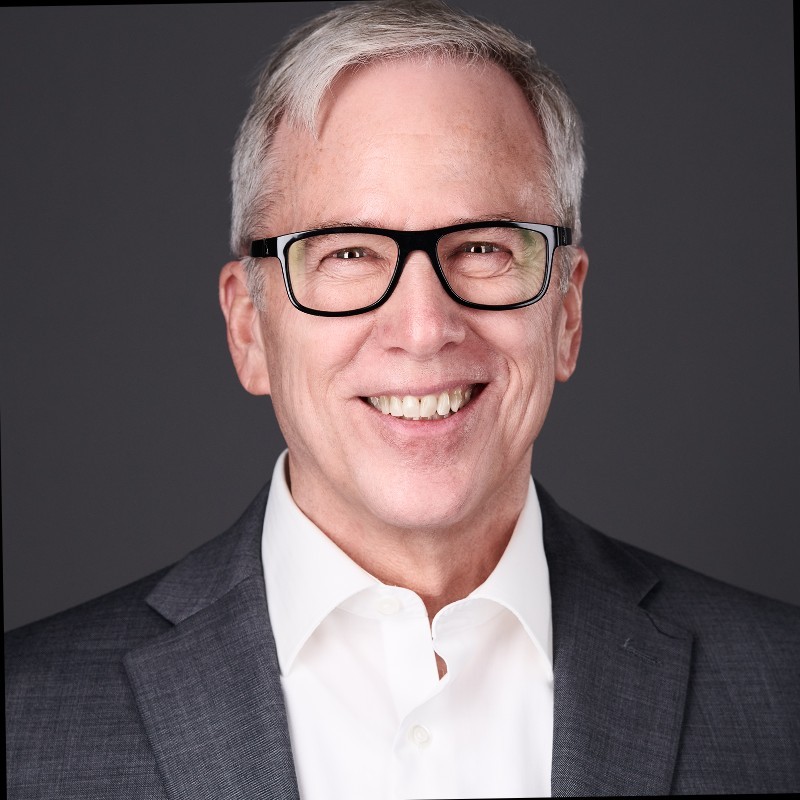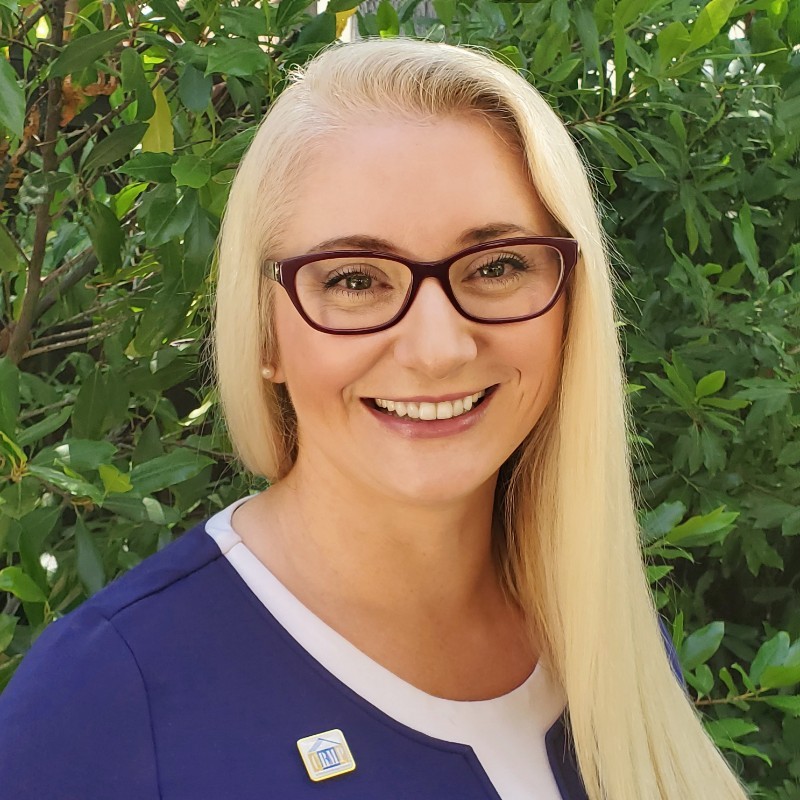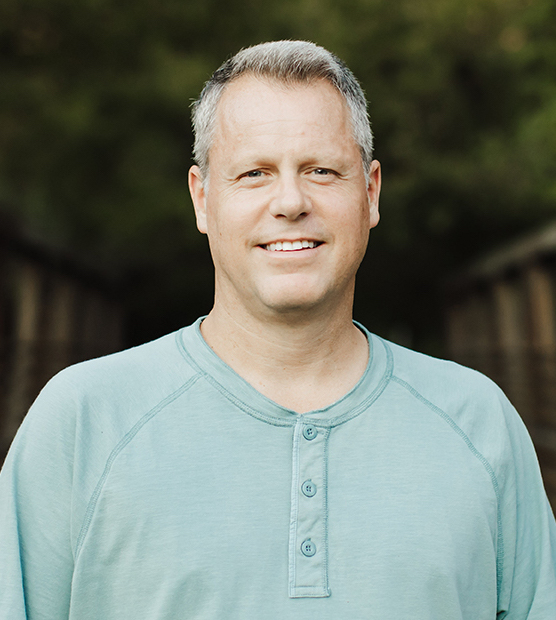With the forward mortgage industry going through a period of transition to a purchase market due to rising rates and prices, some professionals currently active in that business appear to have taken a greater interest in the potential offered by the reverse mortgage business. This is based on a recent event held by RMD parent company HW Media, aiming to offer direct reverse mortgage information to forward mortgage participants.
During the event which offered the perspectives of a financial advisor, a reverse mortgage loan originator and an industry educator, participants were given the chance to ask their own questions about the reverse mortgage business.
These are just a few of the questions those participants chose to ask, along with the answers provided by the reverse mortgage industry panelists: Dan Hultquist of Fairway Independent Mortgage Corp., Stephen Resch of Finance of America Reverse (FAR) and Christina Harmes Hika of Amerifund Home Loans.
Is there a minimum loan amount that makes sense for everyone?

This question came from an attendee who describes having an acquaintance asking about getting a reverse mortgage with a loan amount of $65,000. Panelists were a bit mixed on the issue from the dimensions of regulation, servicing issues worth keeping in mind and the potential financial planning implications such a loan amount might introduce into a senior’s retirement strategy.
“I can tell you that [the U.S. Department of Housing and Urban Development (HUD)] does not have a minimum loan amount or a minimum property value,” Hultquist said first. “However, some lenders may have some overlays that would come into play there.”
Having observed a lot of financial planning scenarios involving the reverse mortgage product, Resch was reticent to offer a recommendation for such a scenario.
“I’m just going to say that as far as financial planning considerations go, in general they’re going to work on your higher valued properties,” Resch explains. “When you’re looking at a $65,000 loan, it’s really hard to turn that into a longer-term financial planning strategy per se. I haven’t seen the numbers work well in lower-valued areas. That’s my only comment on that.”
Servicing implications are also worth consideration in this area, Hultquist adds.
“As far as a minimum loan amount after the loan has been originated, once your loan balance drops below $100 the servicer has the ability to cancel your reverse mortgage,” Hultquist says. “So, borrowers need to be very careful [letting their balance get that low]. If they’re trying to keep a minimum loan balance and keep most of their principal limit in their line of credit, they need to be very careful about writing that check that could cause their loan balance to drop below $100.”
Can you own a home paid in full and use a reverse mortgage to buy a home in another state?
An attendee curious about facilitating a reverse mortgage arrangement for a free-and-clear borrower looking to relocate to a new home in a different state was curious about how the mechanics of such an arrangement could work, or even if it could work at all. As the originator of the group, Harmes Hika was quick to jump in.

“Yes you can, with the caveat that reverse mortgages are only for primary residences,” she explains. “So if they’re trying to buy a home out-of-state that’s going to be their second home — not their primary — that’s not going to work.”
The scenario did bring to mind some scenarios she has seen clients take in consultation with their financial advisors.
“What we do see, and a lot of financial advisors recommend this one, which is doing the reverse on the primary home and use the money they pull out to then buy that second property either with a regular mortgage or no mortgage at all,” she says. “That’s the best way to typically make that fit. You definitely don’t want to get into a situation where somebody has a reverse and isn’t living in the property. That’s a big ‘no-no.’”
What kinds of properties are eligible for a reverse mortgage?
A forward professional interested in the specifics of properties that are able to be secured by a reverse mortgage was asked, including as it pertains to details such as acreage, condominium qualifications or other property types, an understandable question from a reverse-curious forward mortgage professional.

“There is a list of eligible and ineligible properties,” Hultquist explains. “As far as the eligible properties, single family residence is the bulk of what we do. As far as condos, they either need to be [Federal Housing Administration (FHA)]-approved condos — which is a very small list right now — or we can do what’s called a ‘single unit approval,’ an SUA, and so we do allow [it].”
The condo question, other property types
Condo approvals have long been an ongoing issue for the reverse mortgage industry, since questions might arise about how to secure a lien on such a property. In a Mortgagee Letter (ML) published in early 2021, HUD and FHA revised two of its forms relevant to condominium owners seeking FHA relief in the form of loan programs or certification: its condominium loan-level/single-unit approval questionnaire and FHA condominium project approval questionnaire.
Such forms are necessary for any condo owner seeking to obtain a reverse mortgage on their unit. After the revisions were announced, the reverse mortgage industry generally lauded the move. Previously, FHA published a final regulation and policy implementation guidance in August, 2019 establishing a process for condominium approvals, effective that October 15.
This guidance aimed to expand FHA financing for qualified first-time homebuyers as well as seniors looking to age in place. The new rule introduced a single-unit approval procedure that eased the ability for individual condominium units to become eligible for FHA-insured financing, and also extended the recertification requirement for approved condominium projects from two years to three.
Other eligible properties include two-to-four-unit homes, which can make for an interesting retirement strategy, Hultquist says.
“If you think about someone buying a quadplex and occupying one unit, they’re getting the reverse mortgage on the quadplex but can rent out the other three units,” he says. “And it’s a great retirement cash flow strategy.”
Manufactured homes built after 1976 on a permanent foundation and properly inspected by structural engineers are eligible. Mobile homes are ineligible, he explains.
“If you can drive the asset away, that’s a problem,” Hultquist says.
Watch the full HW Media reverse mortgage event online. Look for more of the featured questions asked by forward professionals on RMD soon.



